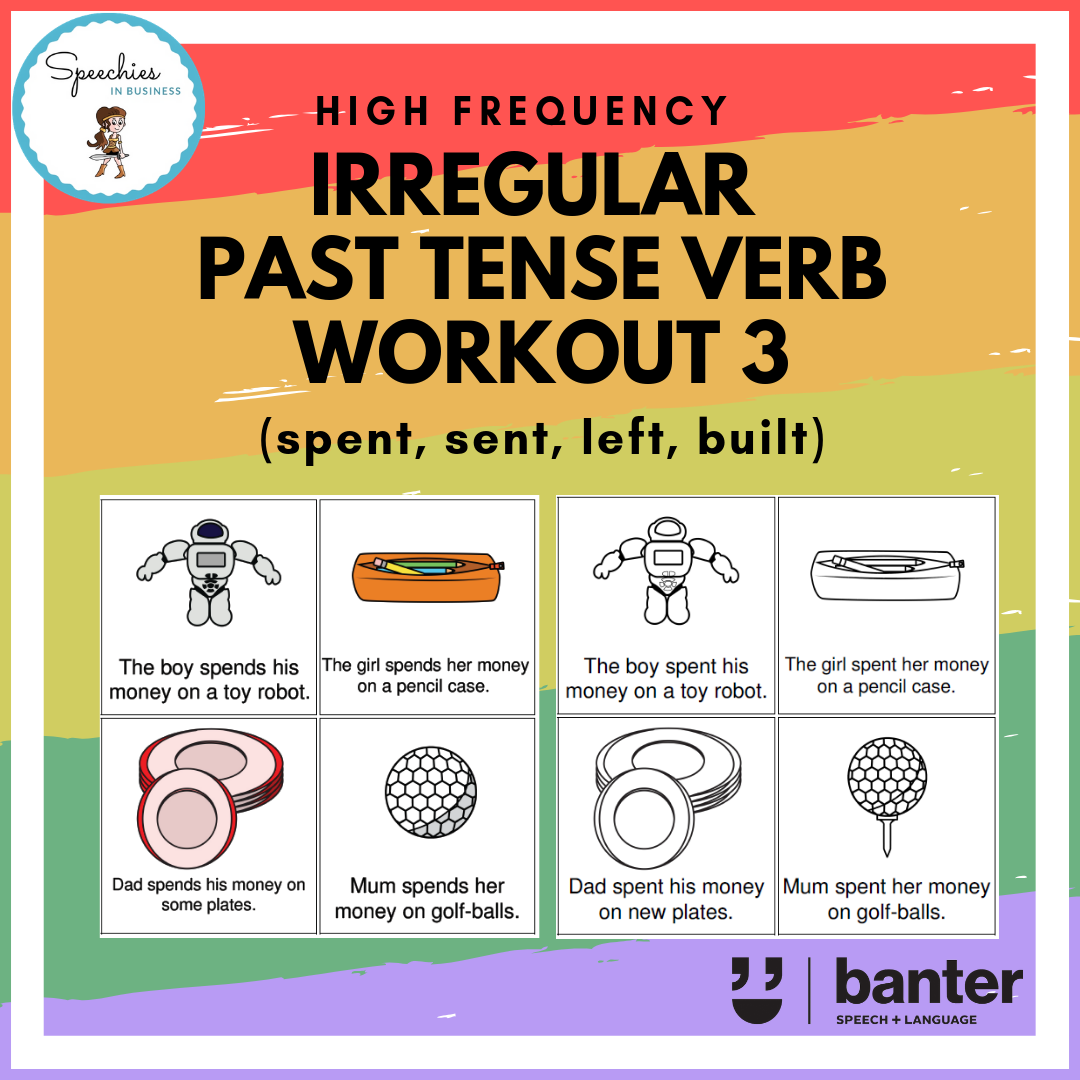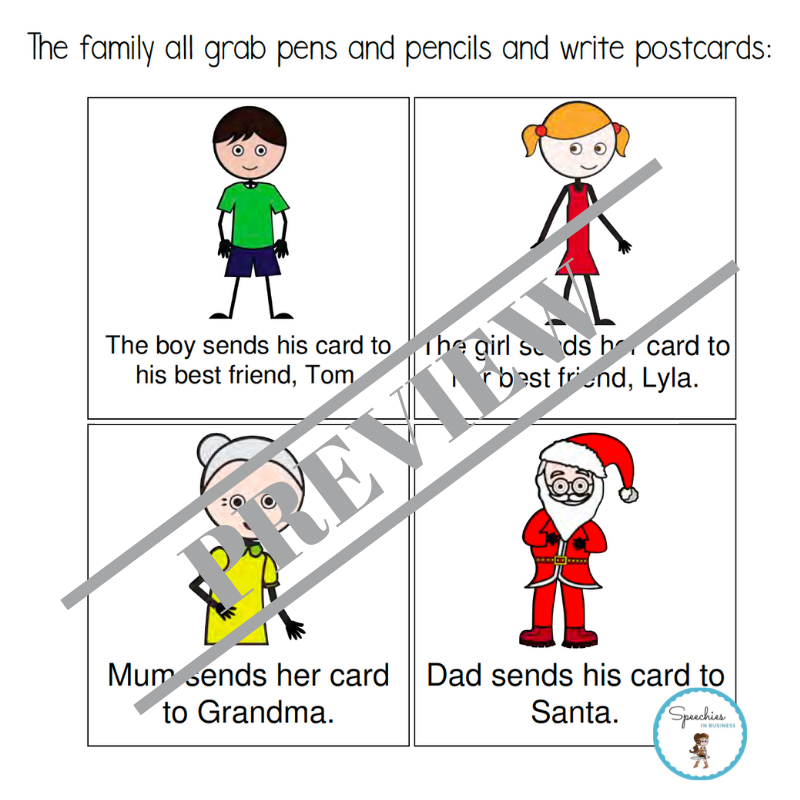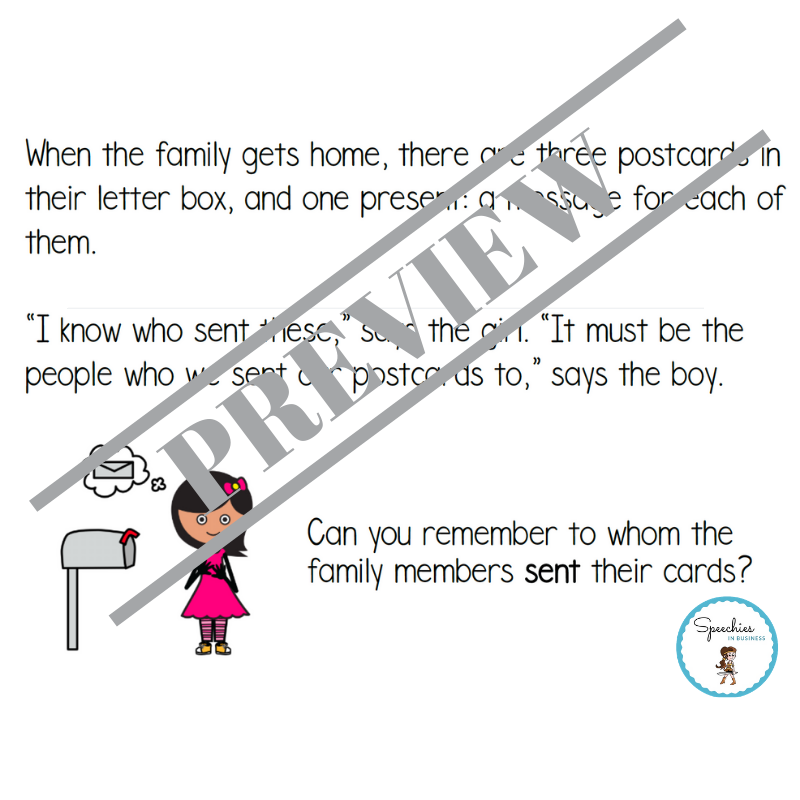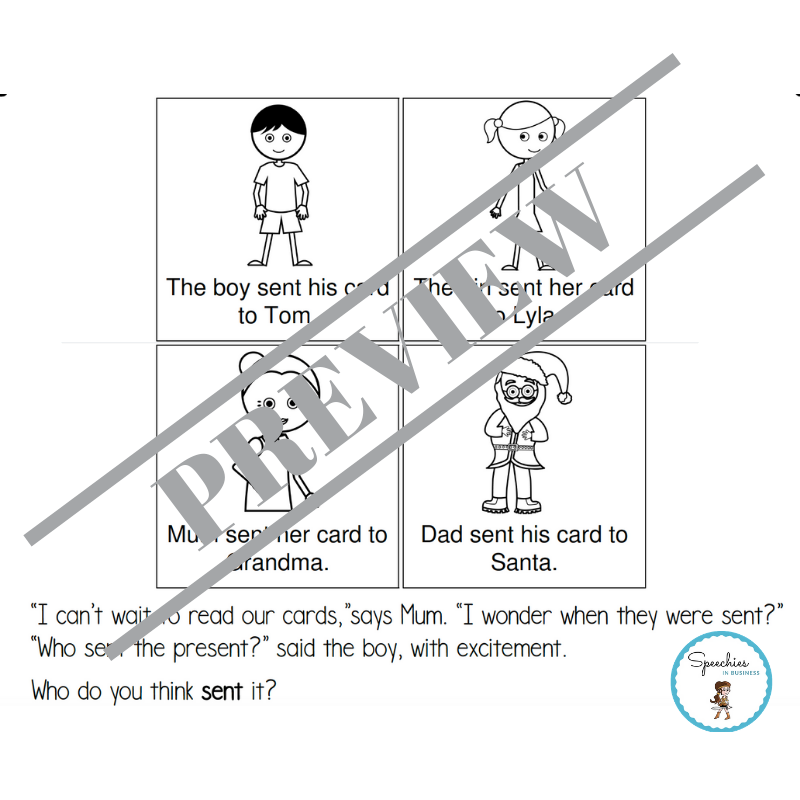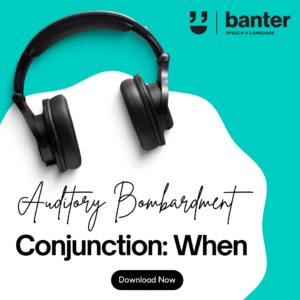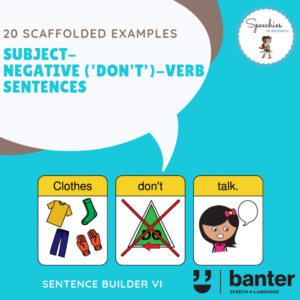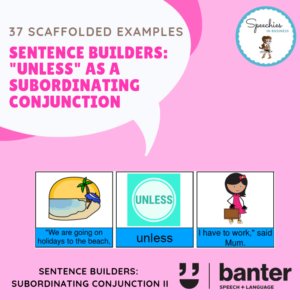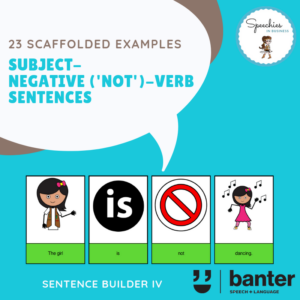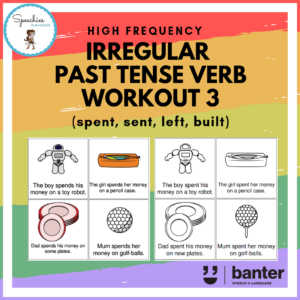(L134) Verbs: Irregular Past Tense Verb Workout 3 (spent, sent, left, built)
$5.99 including GST
In this 35-page Pack 3, we cover four of the highest frequency verbs in English with irregular past tense forms: spent, sent, left, built. We tackle them one at a time, with “mini-stories” for each verb. We then put them all together for extra practice and revision.
Description
At around 30-36 months of age, typically developing children start to use irregular past tense verbs such as came, fell, broke, sat, and went in sentences. For many people – including people learning English as a second language and people with language disorders – learning irregular past tense verbs is a huge challenge.
Unfortunately, many of the highest frequency verbs in English have irregular past tense forms. To help people to learn irregular past tense verbs methodically, we’ve reviewed the New General Service List-Spoken (Brown & Culligan, 2013): a list containing 721 words providing up to 90% coverage for unscripted spoken English. We’ve extracted the 57 most frequent irregular verbs in spoken English, and then sorted them into 10 broad groups.
In this Pack 3, we cover four of the highest frequency verbs in English with irregular past tense forms. We tackle them one at a time, with “mini-stories” for each verb. We then put them all together for extra practice and revision. Here’s what we cover in this pack:
- spend/spent
- send/sent
- leave/left
- build/built
For more irregular past tense verb workouts, see our Pack 1 (was, had, did, said, made, ate, came) and Pack 2 (took, broke, stood, spoke), Pack 4: knew, drew, grew, threw and Pack 5: slept, went, meant.

